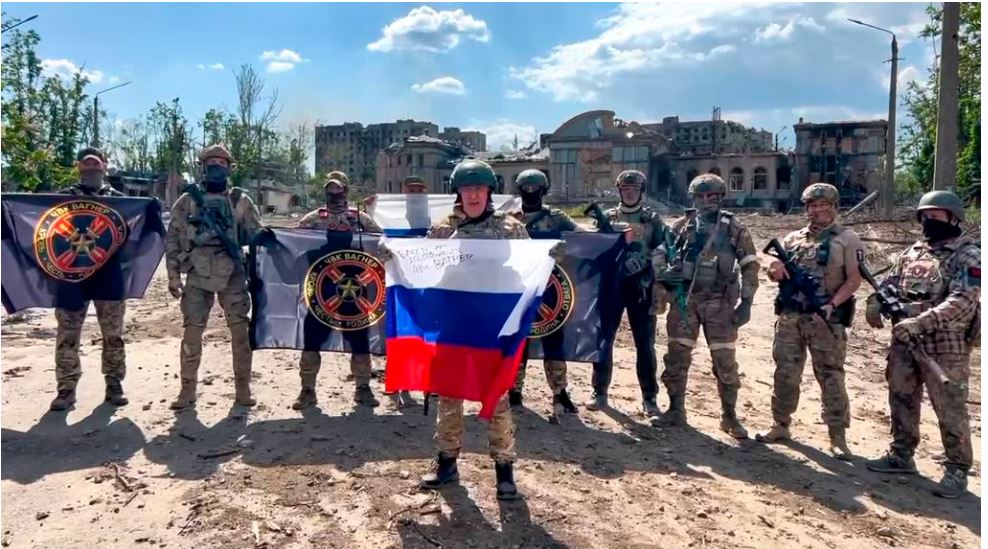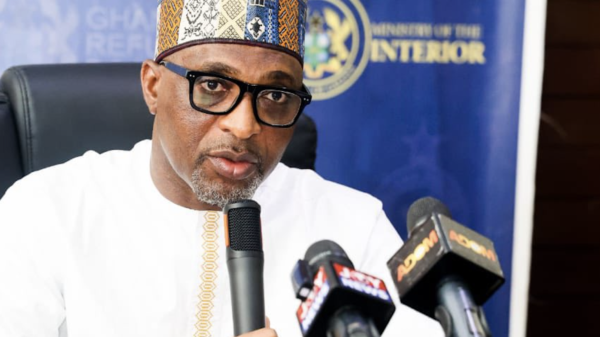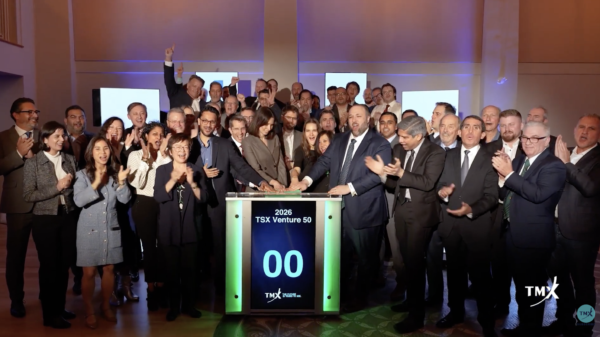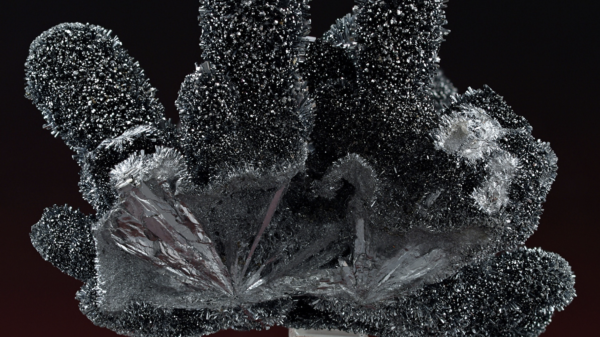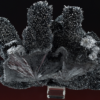In a significant move against international criminal activities, the Department of the Treasury’s Office of Foreign Assets Control (OFAC) has imposed sanctions on four companies and one individual linked to the notorious Russian military group, PMC Wagner, also known as the Wagner Group.
This group, led by its founder and owner Yevgeniy Prigozhin, has been previously sanctioned by the United States, the European Union, Canada and the United Kingdom for its global exploits and atrocities.
Infamous for its violent operations, the group has been exploiting global insecurities, committing heinous acts such as abduction, forced displacement and attacks on schools and hospitals.
“Death and destruction have followed in Wagner’s wake everywhere it has operated, and the United States will continue to take actions to hold it accountable,” reads a notice by U.S. Secretary of State Antony J. Blinken.
The group has recently been in the spotlight due to a failed rebellion led by Prigozhin. The mutiny was discovered by Russian intelligence 48 hours in advance, leading to its quick quelling. This event has raised questions about Russian President Vladimir Putin’s absence during the crisis and has caused anger and division among Russian fighters.
Moreover, the group has been exploiting the natural resources of these nations, particularly in the Central African Republic (CAR), United Arab Emirates (UAE) and Russia.
The companies targeted by these sanctions have been involved in illicit gold dealings, which have served to fund the Wagner Group’s expansion of its armed forces, including in Ukraine and Africa.
“Treasury’s sanctions disrupt key actors in the Wagner Group’s financial network and international structure,” said Under Secretary of the Treasury for Terrorism and Financial Intelligence Brian E. Nelson.
“The Wagner Group funds its brutal operations in part by exploiting natural resources in countries like the Central African Republic and Mali. The United States will continue to target the Wagner Group’s revenue streams to degrade its expansion and violence in Africa, Ukraine, and anywhere else.”
Read more: Fortuna Silver Mines installs mill and substation at West Africa site
Read more: B2Gold increases indicated resources by 80% at Anaconda Area near Mali’s Fekola Mine
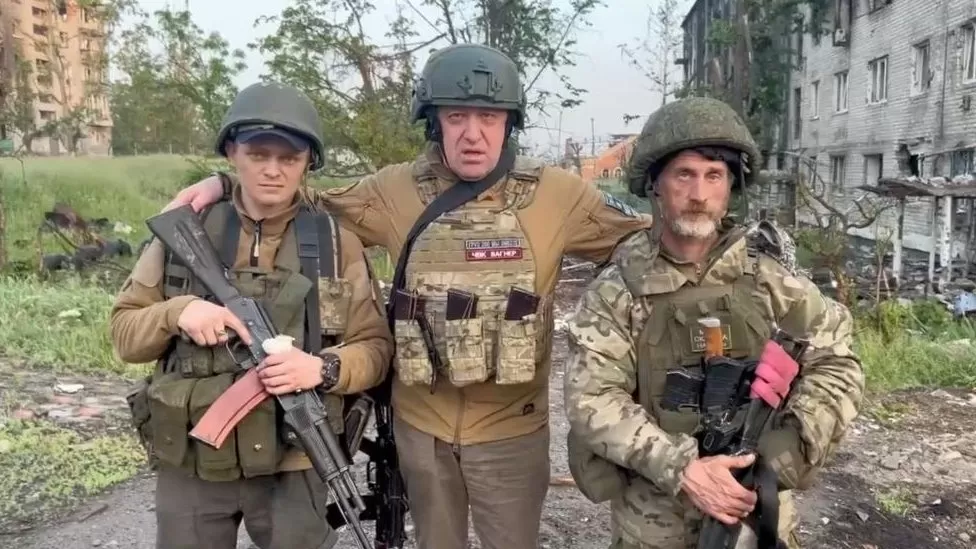
Yevgeny Prigozhin, Wagner Group leader, with mercenaries in Ukraine. Photo via Reuters.
The US Department of the Treasury identified the four companies and Andrey Nikolayevich Ivanov, a Russian national who works for the Wagner Group.
Ivanov collaborated with Prigozhin’s entity Africa Politology and senior Malian government officials in 2023 on weapons deals, mining concerns and other activities in Mali. Africa Politology, sanctioned by the Department of State in January 2023 for acting on behalf of Prigozhin, works to undermine countries promoting human rights and good governance in Africa, discredit the UN, and sue press outlets reporting on Wagner’s activities.
Midas Ressources SARLU, a mining company in the Central African Republic (CAR) linked to Yevgeniy Prigozhin, is one of the companies involved in illegal gold dealings. Midas, along with other Prigozhin-associated entities, is a key financier of the Wagner Group’s operations in the CAR and globally. The company’s activities violate CAR mining regulations and UN sanctions.
Diamville SAU, another Prigozhin-controlled company, was implicated in a scheme to convert CAR-origin gold into U.S. dollars, with the intent to physically transfer the cash following U.S. sanctions on Russian financial institutions.
Industrial Resources General Trading, a Dubai-based company and Limited Liability Company DM, a Russian firm, were also involved in the gold selling scheme.
The Office of Foreign Assets Control (OFAC) has designated Midas, Diamville, and OOO DM under Executive Order (E.O.) 14024 due to their affiliation with Prigozhin, whose assets are blocked under the same order.
Prigozhin, the financier of the Internet Research Agency (IRA), was designated by OFAC for meddling in the 2016 presidential election. Industrial Resources was also designated under E.O. 14024 for providing substantial assistance and support to Prigozhin.
Read more: Burkina Faso gives mining permit to Russian gold miner despite sanctions
Read more: Russian citizens buy record numbers of gold as safe haven asset
Joint advisory on illicit gold trade in sub-Saharan Africa
In a joint advisory, several U.S. Departments, including State, the Treasury, Commerce, Homeland Security, Labor and the United States Agency for International Development (USAID), have raised concerns about illegal activities in the gold trade across sub-Saharan Africa.
They have pointed out that the gold sector is a crucial part of the economies and communities of many countries in this region. The advisory urges businesses involved in the gold industry to be more vigilant and strengthen their checks to ensure they are not inadvertently supporting illegal activities.
The advisory also highlights the potential for responsible investment in the gold sector, including mining, trading, refining, and selling of gold. It encourages U.S. businesses to consider such investments while also conducting thorough checks to avoid risks. The advisory also talks about the significant role of small-scale gold mining, which produces about 20 per cent of the world’s gold.
Despite the challenges associated with small-scale mining, including its vulnerability to criminal activity and corruption, the advisory sees potential for improving efforts to bring small-scale mining activities into the formal gold trade.
These sanctions represent a significant step in the global fight against the Wagner Group’s destabilizing activities and the illicit financial networks that support them. By targeting these entities, the international community aims to disrupt the Wagner Group’s operations and curb its expansion.

